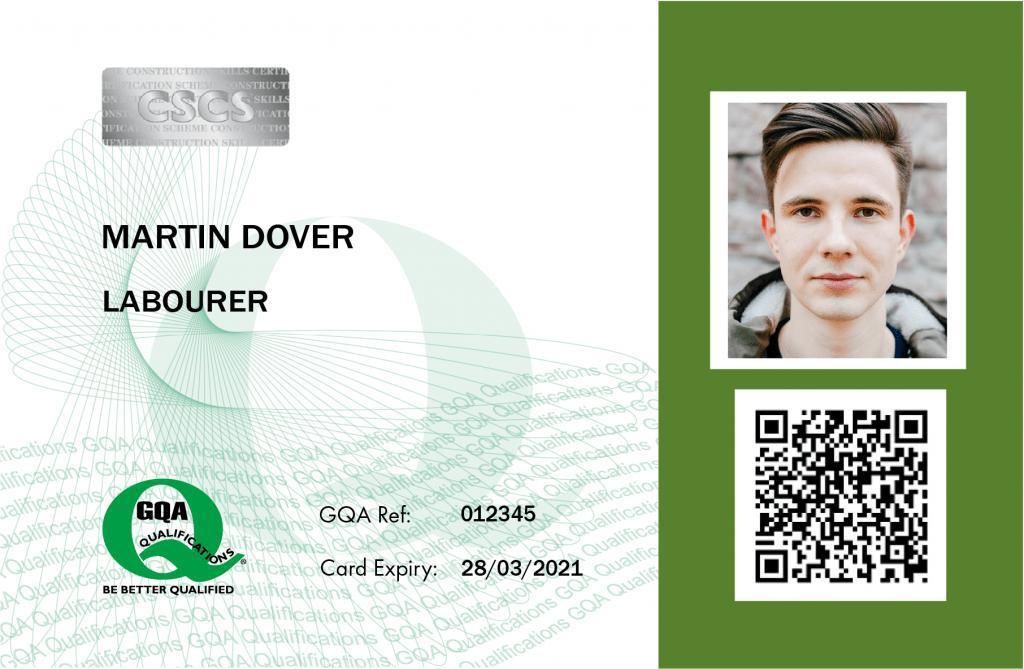
Electrical Grounding and Expectations of Future Loads and Method of Calculation
Course ID: 2507147101099EGI
Course Dates : 14/07/25 Course Duration : 5 Studying Day/s Course Location: Dubai, UAE
Language: Bilingual
Course Category: Professional and CPD Training Programs
Course Subcategories: Operations and Process Excellence
Course Certified By: * Projacs Academy
* Professional Training and CPD Programs
Certification Will Be Issued From :
KSA
Course Fees: £2,940.22
Vat Not Included in the price. VAT may vary depending on the country where the course or workshop is held.
Click to Pay
Date has passed please contact us Sales@e-s-hub.com
Course Information
Introduction
Electrical grounding is a cornerstone of safe and efficient electrical system design, installation, and maintenance. It serves as the foundation for mitigating risks associated with electrical faults, ensuring personnel safety, and protecting equipment from damage. In an era where electrical systems are becoming increasingly complex due to technological advancements and growing energy demands, understanding grounding principles is not merely a technical requirement but a strategic necessity. The course delves into both theoretical and practical aspects of grounding, addressing its critical role in maintaining system stability and reliability.
Despite its importance, electrical grounding remains one of the most misunderstood and inconsistently applied areas within the field of electrical engineering. Gaps in knowledge often arise from outdated practices, insufficient training, or misinterpretation of standards. For instance, a recent case study involving a large industrial facility highlighted how improper grounding led to repeated equipment failures and costly downtime. This underscores the urgent need for professionals to deepen their expertise in grounding methodologies and adapt to evolving industry standards and expectations.
The course also addresses the pressing issue of future load calculations, which is integral to designing systems that can accommodate increasing energy demands without compromising safety or performance. With global trends pointing toward electrification, renewable energy integration, and smart grid technologies, engineers must anticipate and calculate future loads accurately. Failure to do so can result in overloaded circuits, voltage instability, and even catastrophic failures. By mastering these calculations, participants will be better equipped to design systems that are not only compliant with current regulations but also future-proofed against emerging challenges.
Grounding and load calculation are deeply interconnected disciplines, requiring a holistic understanding of electrical theory, regulatory frameworks, and practical applications. Drawing on established theories such as Ohm’s Law and Kirchhoff’s Circuit Laws, the course provides a robust theoretical foundation while emphasizing real-world applicability. Participants will explore case studies from industries such as manufacturing, telecommunications, and renewable energy, where grounding and load management have played pivotal roles in operational success.
For organizations, investing in this training translates into tangible benefits, including reduced downtime, enhanced safety compliance, and optimized energy efficiency. On an individual level, mastering these competencies positions professionals as indispensable assets within their teams. Consider the example of an electrical engineer who implemented advanced grounding techniques at a data center, resulting in a 30% reduction in fault-related incidents. Such outcomes highlight the transformative potential of this knowledge when applied effectively.
Ultimately, this course is designed to bridge the gap between theory and practice, equipping participants with the tools they need to excel in their roles. By integrating cutting-edge methodologies, industry best practices, and hands-on learning opportunities, it ensures that attendees leave with actionable insights and a deeper appreciation for the complexities of electrical grounding and load management. Whether you are seeking to enhance your professional capabilities or drive organizational excellence, this course offers a pathway to achieving those goals.
Objectives
By attending this course, participants will be able to:
Analyze the fundamental principles of electrical grounding and their application in various industrial contexts.
Evaluate the impact of improper grounding on system performance and safety using case studies and simulations.
Design effective grounding systems that comply with international standards such as IEEE, IEC, and NEC.
Implement advanced methods for calculating future electrical loads, considering factors like technological advancements and energy trends.
Apply predictive modeling techniques to assess the long-term viability of electrical systems under varying load conditions.
Synthesize regulatory requirements and industry best practices to develop comprehensive grounding and load management strategies.
Assess the economic and operational benefits of optimized grounding and load planning for organizational decision-making.
Who Should Attend?
This course is ideal for:
Electrical engineers and technicians involved in system design, installation, and maintenance.
Project managers overseeing electrical infrastructure projects in industries such as construction, manufacturing, and utilities.
Safety officers and compliance specialists tasked with ensuring adherence to electrical safety standards.
Renewable energy professionals working on solar, wind, or battery storage systems requiring precise load calculations.
These groups will find the course valuable as it directly addresses the technical challenges they face daily while offering solutions that align with industry trends. While the content assumes a basic understanding of electrical systems, it is structured to benefit intermediate learners seeking to deepen their expertise. Advanced practitioners will also gain insights into emerging methodologies and technologies shaping the future of electrical engineering.
Training Method
• Pre-assessment
• Live group instruction
• Use of real-world examples, case studies and exercises
• Interactive participation and discussion
• Power point presentation, LCD and flip chart
• Group activities and tests
• Each participant receives a 7” Tablet containing a copy of the presentation, slides and handouts
• Post-assessment
Program Support
This program is supported by:
* Interactive discussions
* Role-play
* Case studies and highlight the techniques available to the participants.
Daily Agenda
The course agenda will be as follows:
• Technical Session 08.30-10.00 am
• Coffee Break 10.00-10.15 am
• Technical Session 10.15-12.15 noon
• Coffee Break 12.15-12.45 pm
• Technical Session 12.45-02.30 pm
• Course Ends 02.30 pm
Course Outlines
Fundamentals of Electrical Grounding
Introduction to grounding principles and their role in electrical safety.
Overview of key grounding components (electrodes, conductors, bonding).
Analysis of common grounding mistakes and their consequences.
Review of international grounding standards (IEEE, IEC, NEC).
Day 2:
Practical Applications of Grounding Systems
Designing grounding systems for residential, commercial, and industrial applications.
Hands-on workshop: Simulating grounding scenarios using software tools.
Case study: Grounding failures in high-voltage substations.
Best practices for troubleshooting grounding issues.
Day 3:
Load Calculation Fundamentals
Understanding electrical load types and their characteristics.
Techniques for measuring and analyzing current load profiles.
Introduction to load forecasting models and their applications.
Workshop: Calculating loads for a hypothetical industrial facility.
Day 4:
Advanced Methods for Future Load Estimation
Predictive modeling for future load growth based on technological trends.
Incorporating renewable energy sources into load calculations.
Evaluating the impact of smart grid technologies on load management.
Group activity: Developing a 10-year load projection plan.
Day 5:
Compliance, Optimization, and Emerging Trends
Ensuring compliance with grounding and load regulations.
Strategies for optimizing grounding and load systems for cost-efficiency.
Exploring innovations in grounding materials and load management technologies.
Final assessment: Presenting a comprehensive grounding and load management proposal.



















































